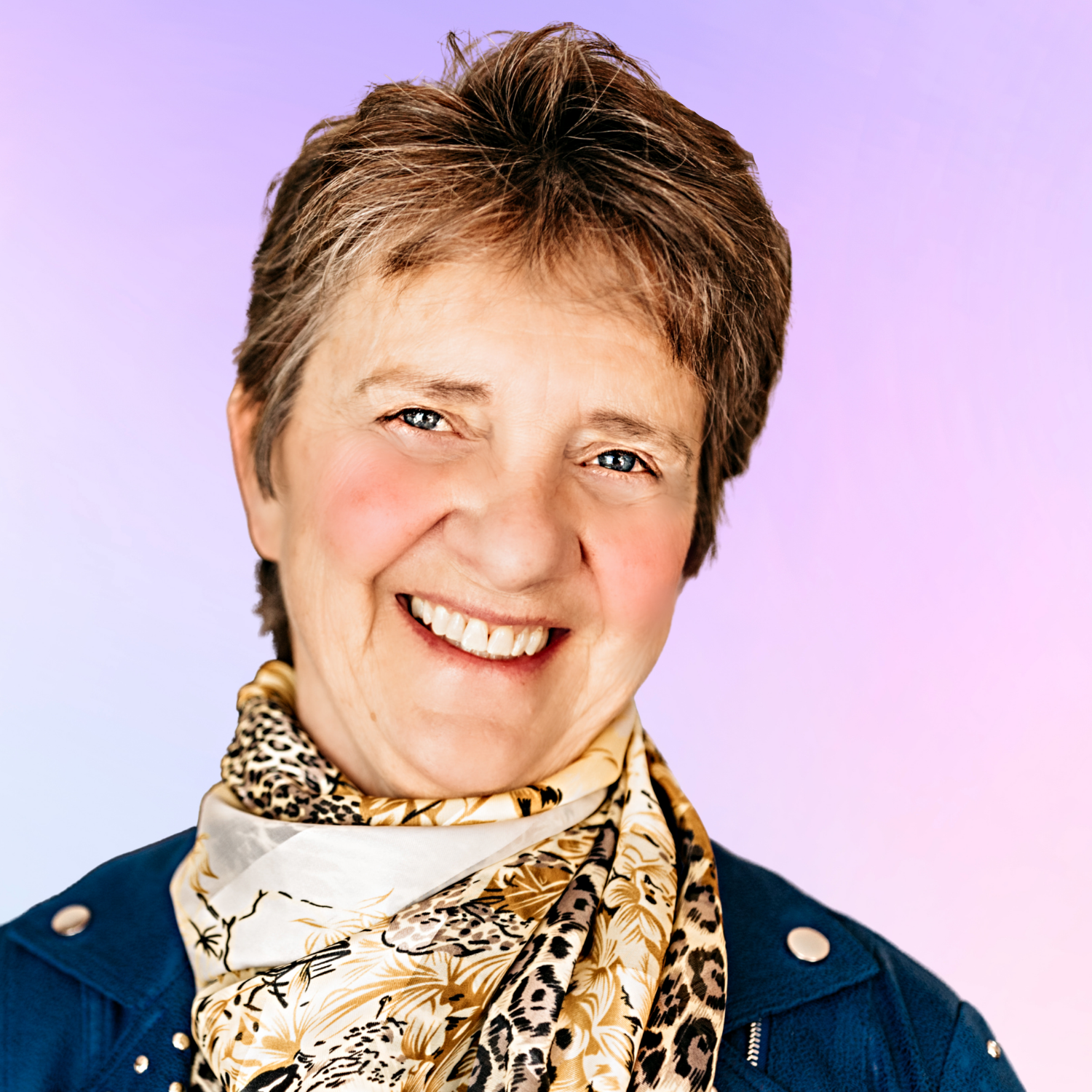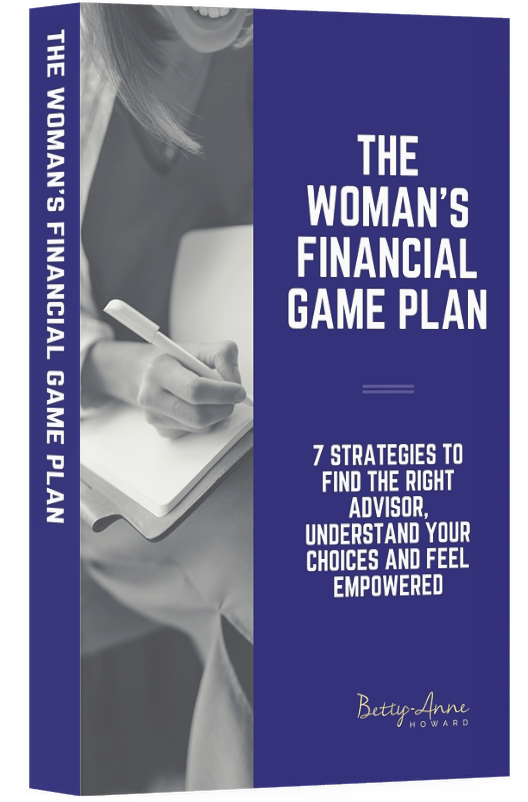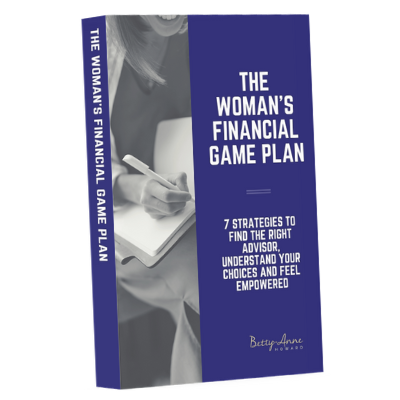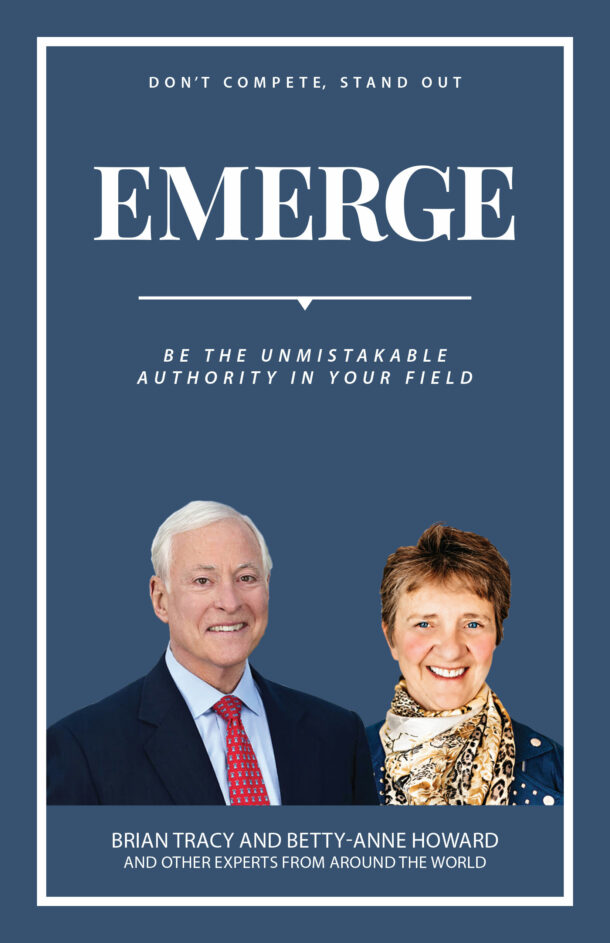
As a Financial Planner, I know that estate planning, if understood at all, is often perceived as being something that perhaps only rich people do – engaging in a process to preserve their wealth and then seeing to it that their wealth is distributed in the most tax-efficient way possible to their heirs. The women I meet often don’t relate to the term estate planning.
And many women, if not most, also don’t see themselves as philanthropists. This is a word, like estate planning, that we find difficult to relate to. Lending a helping hand, yes! Helping out others in need, of course, that’s what we do. Fostering relationships with charities so we can volunteer and help out is how we’ve been raised; it’s an integral component of who we are as women. But still, we don’t see ourselves as “philanthropists.”
The words we use, like estate planning and philanthropy, form our language. The problem we have when trying to demystify the financial arena is that if we are using words that women can’t relate to, then we’re leaving behind a tremendous opportunity to share and pass on our values to the next generation. Not to mention, ultimately, the tremendous impact we can have in supporting our favorite charities.
Estate planning and philanthropy may not seem relatable or achievable to many women, and yet it is, and it can also be so much more. Leaving gifts to your favorite charity in your will can make a huge difference to the tax implications of your estate plan, which in turn will make a difference in the lives of others.
Another Way To Think About Estate Planning
“You’ve got to take the first step towards a goal that seems unachievable and have the integrity and courage to believe you will reach it one day. We all have immense courage. Every one of us is capable of extraordinary things.”
Diana Beresford-Kroeger, To Speak For The Trees: My Life’s Journey from Ancient Celtic Wisdom to a Healing Vision of the Forest
I love this quote as it says so much in so few words. It mirrors, for many of us, our journey as we courageously set out to make a difference in our world and the lives of others.
I believe we’re all capable of contributing to creating a beautiful life and world, capable of extraordinary things, as Ms. Beresford-Kroeger puts it.
Would you call this estate planning? Of course not because most of us don’t even know what those words mean. But estate planning can open the door to achieving extraordinary things.
Defining Estate Planning For Women

Download a FREE copy of “Enhanced Life Fulfillment Through Philanthropy” – A chapter from my recently published book, EMERGE. Enjoy your free chapter!
As Sharon Hartung says in Your Digital Undertaker, “there are as many definitions of estate planning as there are professionals who call themselves estate planners.” As an Estate Planner myself, I know we need to have a definition that fits a broader scope, one that women (and all people, really) can more easily embrace.
Hartung shares that the best definition she’s heard is this: “Estate planning is creating a deliberate and thoughtful strategy for transferring wealth. Deliberate and thoughtful because you have considered the options, determined the pros and cons, set a budget, accessed the costs, reviewed the tax implications, understood the risks, and engaged appropriate professional help.” This definition speaks to me!
Another take is Christine Van Cauwenberghe, in her book Wealth Planning Strategies for Canadians, where she defines estate planning as “the process which involves determining what sort of inheritance you want to leave your dependants or want to leave for others..”
Estate Planning and Philanthropy Require A Mindset Shift
Although these definitions begin to clarify estate planning, there is still something missing. I’ve been thinking about an expression my riding instructor, Ron Pyne keeps repeating, which is, “love, language, and leadership, in equal doses.”
He’s helping me to understand that when building our relationship with our horses (similarly to our relationship with estate planning or philanthropy), we need to feel and express love for them; they are not just a tool for us to use – like a bicycle.
The language part of “love, language, and leadership” brings into play the words we use when interacting and playing with our horses, how we approach them, and our mindset expressed through our body language.
Are you going to “make” your horse do something, or are you asking them, inviting them to do something? Will you help them understand what you’re asking and support them in their efforts to figure it out?
Similarly, with philanthropy or estate planning, we can benefit from asking and inviting our love for the communities, values, or causes we hold dear to our hearts to be a part of the process, to shift our mindset around what these terms mean, and support our own efforts to figure it out.
Then, when you combine love and language, you have leadership.
An Example of Love, Language, and Leadership

When I think about Ms. Beresford-Kroeger’s quote above, her love, language, and leadership certainly shine through. Her love for trees, her vision to save the planet by saving our forests from clearcutting, for example, and planting trees as the answer to addressing climate change.
She has an understanding and passion that shows up repeatedly in her leadership, she’s set a goal we can all when working together, achieve. Her impact via her books and her documentary Call of the Forest: The Forgotten Wisdom of Trees is profound.
Some of us, both personally and professionally, have the vision to create a world we can all be proud of; others just want to see the benefits of lending a helping hand. Both can and should be included in our new definition of estate planning and philanthropy. Our hearts, minds, and actions go hand in hand with each other, this is essential to the process.
Helping Women Embrace Estate Planning

Download a FREE copy of “Enhanced Life Fulfillment Through Philanthropy” – A chapter from my recently published book, EMERGE. Enjoy your free chapter!
Women have always made a difference in the lives of others, and have been socialized to do so. As we gain more independence and control over our finances (did you know that women will likely inherit twice in their lifetimes?), we have more interest and desire to make meaningful decisions about estate planning.
As a Philanthropic Financial Planner, I am having discussions with women about how best to do both – pass that wealth on to their families while redirecting some of their wealth to their favorite charities rather than unknowingly giving it to the Canada Revenue Agency (CRA). If you had a choice, who would you rather see inherit a portion of your wealth, the CRA, or your favorite charities that are doing the work and having an impact on the causes you care about the most?
The problem is that most of us don’t realize we have that choice. Defining estate planning and philanthropy also involves educating women so that we can make a conscious decision to explore in more detail how much we would owe in taxes at our deaths and, consequently how much we could give to charity in order to offset some of those taxes. There are so many different ways to do so, tools and strategies we can use and adapt to our own personal situations.
I’ve had the privilege of engaging in meaningful conversations with many donors who want this information, who want to know and understand how they could make even larger donations now and in the future, to offset their tax bills. It’s not that any of us are taking issue with the income taxes we pay throughout our lives. However, once women are aware of the enormous tax bill their estates could be facing at their deaths, they are keen to know how best to divert some of that money to their favorite charities.
Summing It Up

Conversations that provide mindset shifts involve examining the words we use, how limiting they can be, and the importance of going deeper to find out what holds meaning for you in your life.
The language we speak in the financial world can be intimidating and act as a barrier to helping you understand and make informed decisions about your money, what brings you joy and meaning in your life. It’s a choice we have, and most women are not aware of that choice. That’s why accessible and practical information is so important to the estate and legacy planning process. And by practical, I mean helping women understand how the different estate planning strategies would and could fit with their lives, and their own personal situations, with illustrations that demonstrate the pros and cons of each of the strategies.
I used to teach the Psychology of Women at St. Lawrence College in Kingston, and I know from experience it’s vitally important to have this fundamental understanding of ourselves and other women when it comes to any sort of planning. Women want to know and understand how this fits for me and my situation, how these strategies would work, and what impact they would have on my family, my heirs, and my tax bill.
Addressing these questions clearly and concisely takes time and understanding. Having these conversations with our clients and donors is the cornerstone to defining estate planning and making it accessible, understandable, and full of the love, language, and leadership that will make a difference in the future.
When we bring our hearts, minds, and behavior together in a united whole, we can create a plan that will achieve so much more for ourselves and others.
Download a FREE copy of “Enhanced Life Fulfillment Through Philanthropy” – A chapter from my recently published book, EMERGE. Enjoy your free chapter!
__________________
Enjoyed this article? You might also enjoy:
Estate Planning: Putting Together The Pieces of the Puzzle
Beginning Your Retirement Planning Part 1: Understanding The Key Pillars for Success
Passing On The Family Cottage: The Top 5 Things To Help You Prepare






0 Comments